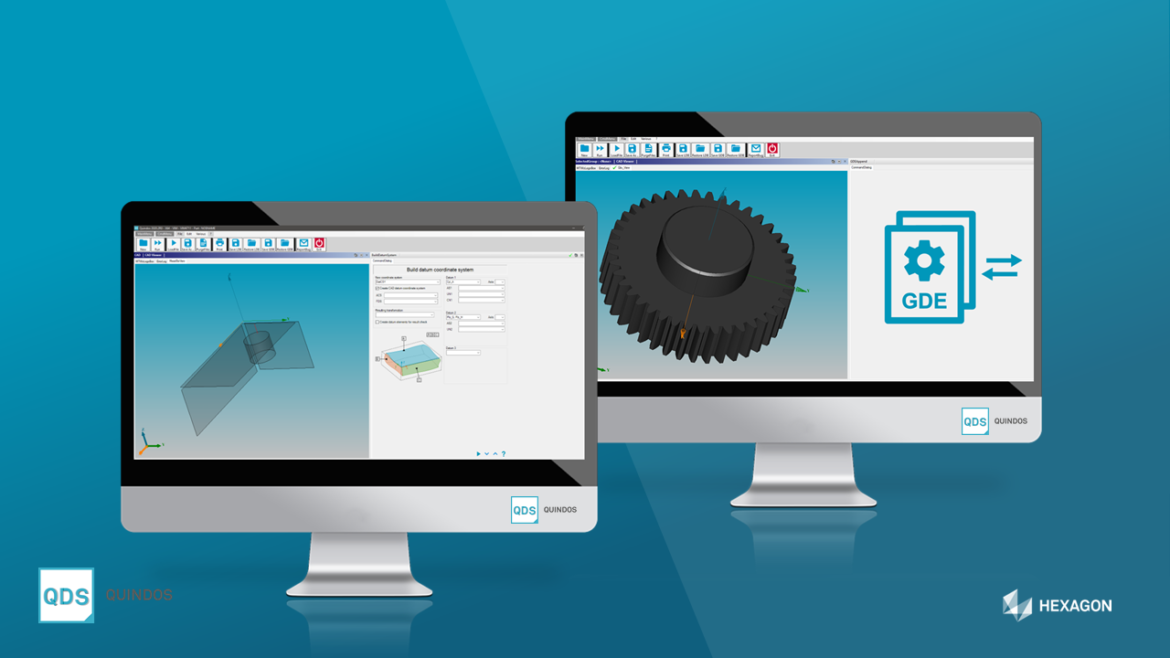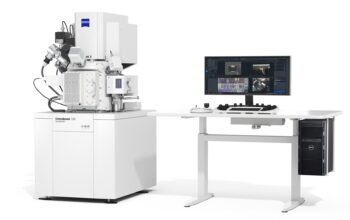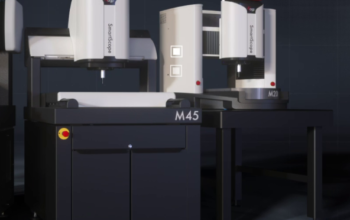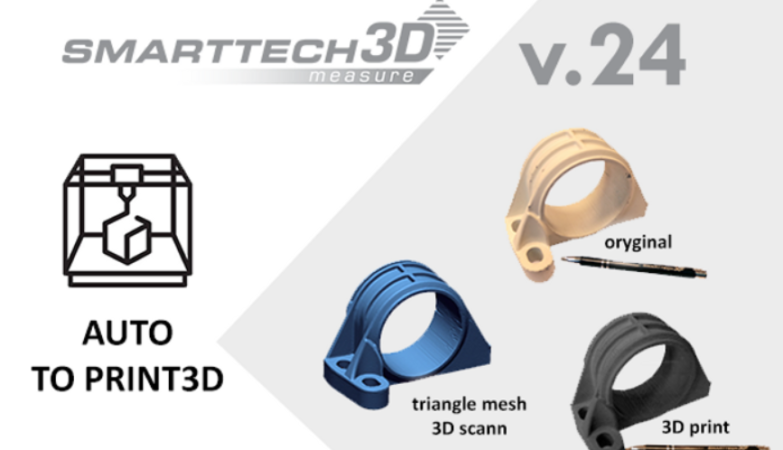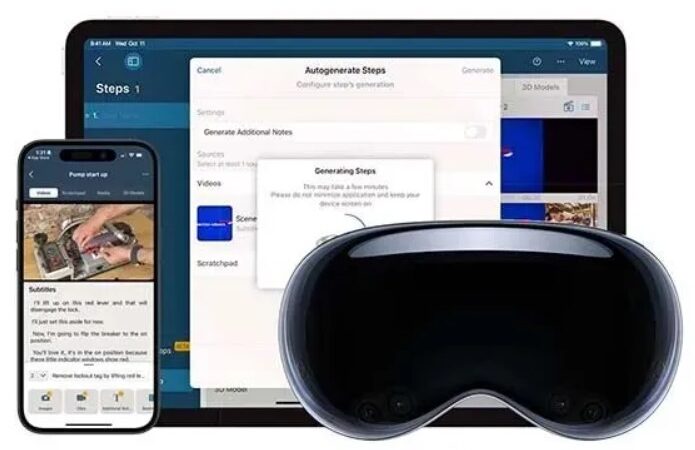Hexagon’s Manufacturing Intelligence has released QUINDOS 2020.2, the latest version of the highly flexible and powerful measurement software catering for a range of applications from standard inspection, through special geometries, to the powertrain.
QUINDOS has now integrated the closed-loop concept of the VDI/VDE standard 2610 (Version 2.6 and 2.7) with the new GDE (Gear Data Exchange) interface for cylindrical gears. This enables users to easily transfer and distribute gear data electronically. In addition to the geometrical parameters, information on profile and helix, pitch, run-out, and specialized measurements can be transferred between systems in a standardized procedure. Tolerance limits, measurement values, and tooth deviations of straight and helical cylindrical gears can now be efficiently processed by external database systems in the design, manufacturing, quality control, and quality assurance departments without data transfer errors.
The import functionality for the digital gear data also significantly reduces programming effort. The data are quickly transferred into the dialogue in the QUINDOS Gear option where the digital information can be checked, modified, and used to directly generate a measurement sequence or for post hoc evaluation.
QUINDOS also sets another milestone with the integration of the latest ISO 5459 standard for datums and datum systems. The default settings for the association methods are aligned with the latest standards and thus ensure compliant application. A single intelligent dialogue allows the user to configure the information from the datum section step by step from the association method to the degrees of freedom. The additional support functions integrated into QUINDOS ensure comprehensive transparency in relation to how the inputs are processed and the internal calculations.
The QUINDOS Screw Compressor option is another major enhancement. The new feature for profile sections of cylindrical main and gate rotors in vertical measurement position not only performs measurement and evaluation of rotors depending on the selected measurement technology (tactile or optical) but also includes automatic alignment of this special geometry based on the geometrical data with respect to the rotary table or fixture coordinate systems. The intuitive user-oriented interface supports data input, export as ASCII or the specialized Klingelnberg format, and data transfer via statistics files.
The measurement and analysis of topography have been integrated into the QUINDOS Gear option in QUINDOS 2020.2 to enhance the basis for prototype and tool inspection. The software provides easy-to-use illustrations of the tooth measurement deviations to ensure certainty in the evaluation of the topography.
“The integration of the latest standards, ensuring transparency and complete traceability of results are well-proven traditions in QUINDOS, which are once again demonstrated in the new release version 2020.2,” says Karin Schneider, Product Manager for QUINDOS. “With this latest version, customers can continue to make their measurement processes more efficient and effective.’
To know more, check Hexagon.


